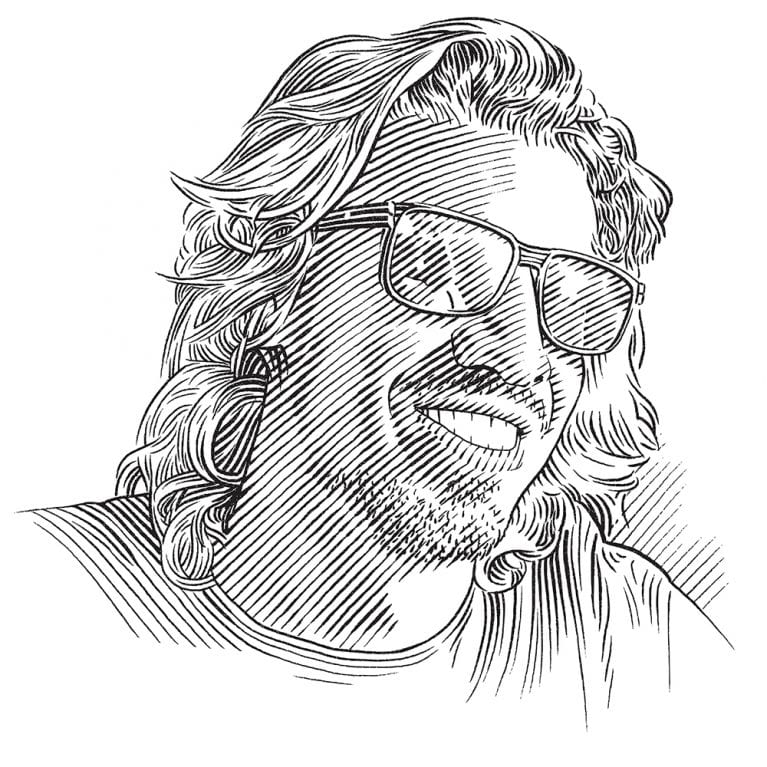Jonas Müller

Who I am
As a young boy I often went camping with my family. I loved being by the sea and the feel of its open silence, infinite depth, absolute unknown and enormous power. Above all, though, I was fascinated by the ocean’s raw, incredible beauty.
After completing my studies in business economics and several years in a managerial position at an international company, I felt my roots pulling me back. While travelling in some of the most remote areas of West Papua in Indonesia, I met many people facing huge challenges on a daily basis. The challenges seemed to me to be due to a lack of environmental awareness and understanding. These initial encounters with small communities turned into longer-term living in villages and this motivated me to become active. With the support of my friends, I founded the NGO charity Child Aid Papua because I believe, from the bottom of my heart, that every child has the right to education and therefore a perspective on life. I believe that through education we can achieve sustainable environmental protection.
Where I work
I live and work in the NGO’s education centre, which is built on wooden stilts and has palm leaves for walls and a roof. I sleep on a small wooden terrace just above the sea and when I wake up in the mornings I often see dolphins, whales and manta rays in the waters below. The centre is located in Raja Ampat, an archipelago in the remote Indonesian province of West Papua. While Raja Ampat boasts the highest biodiversity on the planet, West Papua sits at the lower end of the Human Development Index (HDI).
The majority of Raja Ampat’s approximately 40,000 inhabitants live in small tribes scattered among a large number of mostly uninhabited islands. Despite the arrival of tourism in Raja Ampat, people still live very simple lives, with a strong emphasis on cultural values. It is truly one of the world’s last paradises, but is now under considerable threat. Plastic waste, shark finning and destroyed coral reefs have made life difficult for the local inhabitants in recent years.
Raja Ampat has become an important tourism destination in Indonesia and although the local populace has had it forced on them, there is full understanding that tourism equates to money. There is not, however, the awareness that tourism brings cultural and environmental change with it. The Papuan locals are at a disadvantage, as few are able to communicate in English and have no understanding that this ‘inevitable’ wealth brought by fast-growing tourism is likely to end up in somebody else’s pocket, while at the same time hugely damaging the local environment and ecosystem.
What I do
My awareness of the challenges led me to dedicate myself to supporting the Papuan people in tackling the problems they face. Our education centre in the heart of Raja Ampat allows young people to attend regular classes on many subjects to increase the general level of education, though our priority is raising awareness of environmental issues and implementing marine conservation projects. About 400 children currently benefit from activities and projects put in place by Child Aid Papua. With the support of the SOSF we are now able to build a new, bigger education centre and can thus expand our reach, implementing more projects and educating more of the over 2,000 children and adolescents of Raja Ampat in the importance of environmental protection.
The idea of environmental protection is a continuous theme throughout the daily education of the children in our learning centre and projects. We demonstrate, with examples from their own lives, the direct impact humans have on nature. The children learn that plastic is a big problem and what they can do about it. Most of all, by learning in a fun and interactive way the children develop a love and appreciation for the nature around them and it is from this that the will to protect the environment comes.
As Raja Ampat becomes better known to the world, it is essential that the locals can communicate with those who visit, be they tourists or those involved in conservation. Our other main focus is therefore English language tuition.
